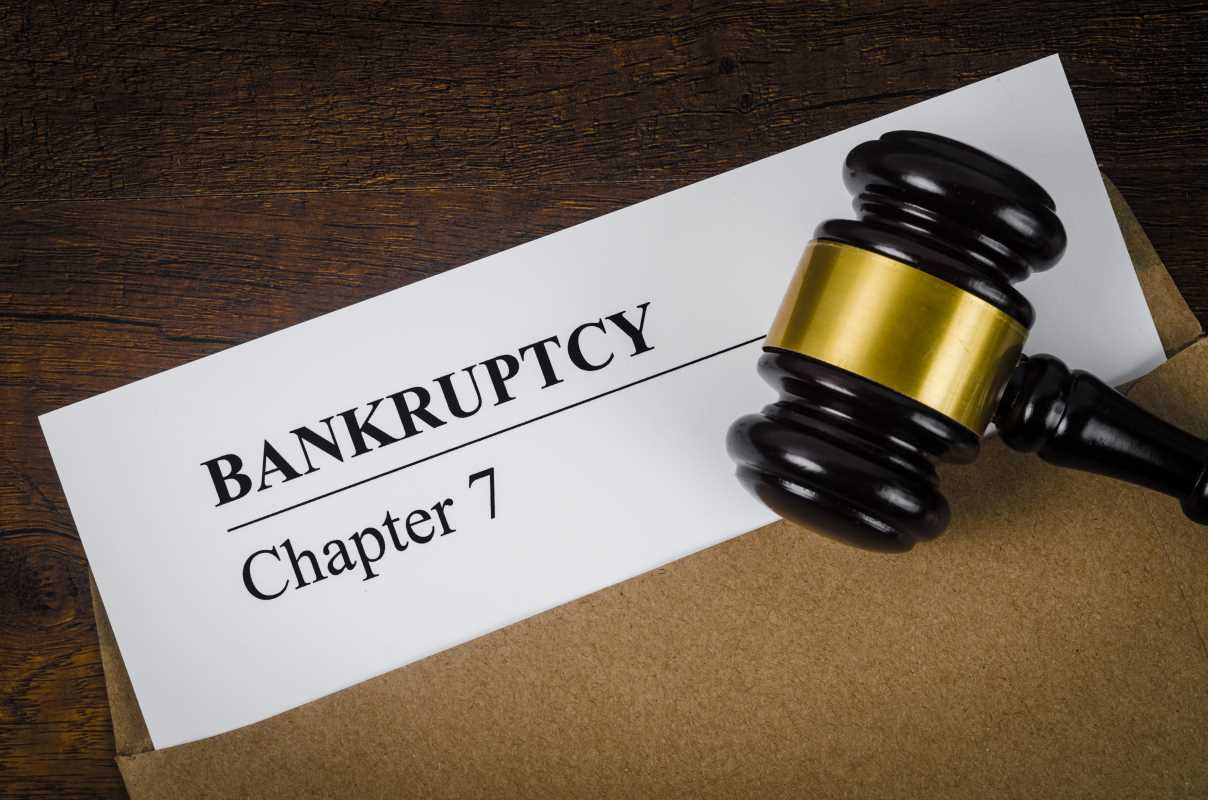Economic downturns can cause uncertainty and financial stress for many people. Job markets tighten, prices remain high, and investments often take a hit. During a recession, safeguarding your hard-earned money and assets becomes especially important. Predicting or controlling the economy is impossible, but you can take concrete steps to minimize risks and secure your financial future. This guide will explain specific, actionable strategies to help you protect your assets during a recession in ways that go beyond common advice like just “cutting back.” By being proactive and deliberate, you can weather the financial storm and come out stronger on the other side.
What Happens During a Recession?
The economy slows down during a recession. Businesses make less money, unemployment rises, and consumer confidence drops. These factors create ripple effects across personal finances, home values, and retirement accounts. Recessions can also lead to inflation sticking around longer than usual, which compounds financial pressure.
When the economy struggles, assets lose value. Stock market investments may shrink, and homes might not sell for what they’re worth. Proper planning helps avoid common pitfalls and allows people to keep their financial safety nets intact. The key is understanding where the greatest risks are and developing specific strategies to offset them.
Build a Strong Financial Foundation
Having a solid financial foundation is the best way to protect your assets during tough economic times. Start by analyzing your current financial picture. Take time to understand where your money is going and where vulnerabilities exist.
Pay Down High-Interest Debt
High-interest debt becomes a heavy burden during recessions because paying it off takes more of your already stretched income. Focus on aggressively reducing credit card balances and other high-cost loans. The less you owe, the less interest drains your resources.
Replacing expensive debt with lower-interest options, like personal loans or balance transfer cards, makes repayments more manageable without requiring additional income. This approach also frees up cash you can redirect toward savings or other areas.
Create an Emergency Fund
A reliable emergency fund shields you from dipping into long-term savings or selling off investments at a loss. Experts recommend saving three to six months’ worth of essential expenses to provide a buffer for unexpected issues, like a job loss. Start small, even $20 a week, and build it over time.
Unlike investment accounts, deposit your emergency fund in a high-yield savings account or money market account. These options are liquid and safe while still earning modest interest.
Diversify Your Income
Relying on a single income stream creates unnecessary risk. Diversifying income means you have financial backup if you lose a job or your business slows. Explore part-time work, freelancing, or side hustles that fit your current skill set.
Protect Investments Without Panic
Investment portfolios often suffer during recessions, but there’s no need to panic. Reassessing your strategy and making proper adjustments protects your assets. Timing the market rarely works, so focus on long-term goals instead.
Allocate Investments Wisely
Diversifying your investment portfolio reduces risk. Spread funds across a mix of stocks, bonds, real estate, and other asset classes to protect against market volatility. Defensive sectors like utilities, consumer staples, and healthcare tend to perform better in recessions.
Rebalancing your portfolio regularly maintains the desired asset allocation. Selling off risky stocks and reinvesting in stable bonds might make sense during uncertain times.
Keep Dividends in Mind
Dividend-paying stocks generate income even when markets are down. Companies in stable industries often maintain dividends during downturns, making them an attractive choice for conservative investors. Reinvesting dividends instead of cashing them out also helps to grow wealth steadily over time.
Limit Emotional Decisions
Selling investments out of fear during a recession typically locks in losses unnecessarily. Investment values recover when markets rebound, so resist the urge to pull out prematurely. If you're struggling, consider talking to a financial advisor for guidance.
Protect Your Home and Property
For most people, their home is their largest asset, making it essential to prioritize its protection during economic downturns. Rising unemployment and stagnant wages can make mortgage payments challenging, so planning ahead minimizes risk.
Refinance Loans Before Rates Rise
Securing a lower interest rate through refinancing saves money on monthly payments while locking in predictable costs. Those with stable jobs but adjustable-rate loans should act quickly during the early stages of economic fluctuations. The savings might provide breathing room when other expenses rise.
Avoid Tapping Home Equity
Though tempting, borrowing against home equity often creates more financial risk than reward during recessions. Repayment terms might balloon unexpectedly, especially if property values drop further. Explore other funding options before risking your home’s value.
Shop Around for Insurance
Reassess insurance coverage for adequate protection at an affordable price. Comparing quotes from multiple providers for everything from home insurance to car coverage often reveals savings. You should also explore insurance riders for high-value assets like jewelry, which provides peace of mind without adding significant cost.
Inflation-Resistant Choices
Inflation tends to linger during or after recessions. Rising prices undermine purchasing power, requiring specific actions to offset its impact. Adapting how you spend and save money preserves value despite soaring costs.
Stock Up Wisely
Purchasing essential goods in bulk slows inflation’s bite. Non-perishable items like canned food, rice, toiletries, or cleaning supplies are good candidates for stocking up. Avoid panic buying and focus on items you already use regularly.
Warehouse clubs like Costco or Sam’s Club can save money for larger households. Pair memberships with manufacturer coupons for added discounts.
Invest in Physical Assets
Hard assets like gold, silver, or commodities often retain their value better than cash during periods of both recession and inflation. Investing modestly in precious metals can act as a hedge against currency devaluation. Diversify properly to avoid overconcentrating on a single asset.
Keep an Eye on Energy Costs
Recessions involving inflation often feature skyrocketing oil and utility prices. Small eco-friendly investments, like solar panels or energy-efficient appliances, reduce long-term costs while protecting against price hikes. Some local governments even offer tax incentives to offset initial installation expenses.
Legal Protections and Precautions
Organizing legal affairs and assets can avoid unnecessary losses during economic hardship. Documenting financial wishes, consolidating accounts, or securing debt terms can also strengthen one's control over one's finances.
Update Your Will or Estate Plan
Check that wills, trusts, and beneficiary designations are up-to-date to avoid complications regarding asset distribution. Designating clear instructions reduces risks associated with family disputes or third-party mishandling of funds.
Monitor Bank Accounts and Limits
Accounts at FDIC-insured banks are protected up to $250,000 per depositor. Those with deposits nearing that limit should consider spreading funds across multiple financial institutions to maintain insurance coverage on all money.
 (Image via
(Image via





